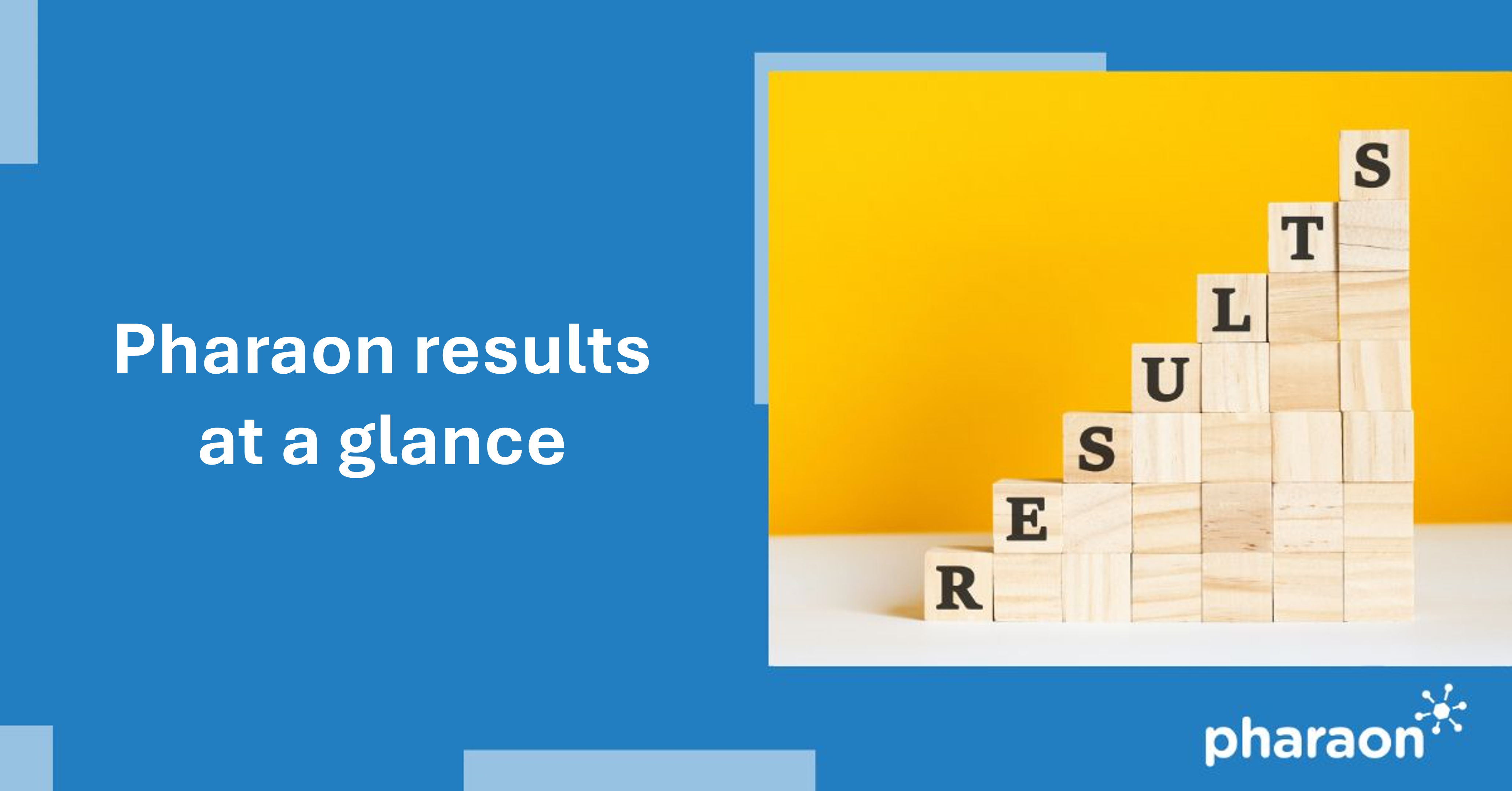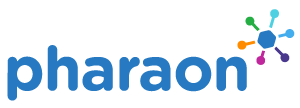
20 Nov Pharaon results at a glance
The Pharaon project has generated substantial insights into the effects of digital technologies on older adults and their caregivers across various pilot sites. The following key results summarise the findings from the comprehensive analysis conducted throughout the project.
Impact on Quality of Life:
- Overall Improvement: The interventions implemented across the Pharaon pilot sites led to a notable improvement in the Quality of Life for older adults. This was especially evident in the reduction of loneliness and the enhancement of general well-being, as measured by the EuroQoL Visual Analogue Scale. The results confirm the positive influence of digital health technologies on emotional and physical well-being.
- Caregiver Benefits: Formal caregivers also experienced significant gains in their Quality of Life, reflecting the supportive role of the Pharaon technologies in easing their caregiving responsibilities. However, informal caregivers showed less pronounced improvements, possibly due to their already high baseline Quality of Life scores.
Technology Usability:
- Demographic Influence: The usability of Pharaon technologies varied significantly depending on demographic factors such as age, gender, education, and digital proficiency. Participants with higher digital skills reported better usability experiences, underscoring the need for targeted training and support to enhance user satisfaction.
- Loneliness and Usability Correlation: A consistent negative correlation was found between loneliness and usability scores, indicating that users who felt lonelier tended to perceive the technologies as less usable. This relationship highlights the importance of addressing emotional well-being in the design of digital interventions.
Cross-Pilot Technology Use:
- Global Positive Trends: Despite differences in local outcomes regarding adoption of technologies which varied across pilot sites, influenced by cultural, regional, and demographic factors, the overall impact of Pharaon solutions on well-being and usability was consistently positive, demonstrating their potential for broader scalability.
Open Call Results:
- Consistency Across Calls: Despite variations in service/technology usage, experiment duration, and some demographic characteristics between the two Open Calls, the positive impacts observed in the main Pharaon pilot phases also applied here. These findings reinforce the project’s overall success across diverse implementations.
Global Insights:
- Loneliness Reduction: The Pharaon interventions were effective in significantly reducing loneliness among older adults. This impact was particularly strong among those who regularly engaged with the technologies, further emphasising the potential of digital solutions in combating social isolation.
- Consistent Positive Impact: Despite some variations between pilot sites, the overall impact of the Pharaon technologies was consistently positive. This consistency across diverse cultural and regional contexts underscores the project’s success in addressing the needs of older adults and their caregivers.
- Sustainability Challenges: Engagement duration significantly impacted outcomes, with longer pilot phases revealing greater usability improvements, suggesting the need for sustained interventions for maximum impact.
In summary, the Pharaon project has demonstrated that digital health technologies can significantly improve the Quality of Life and reduce loneliness, especially among older adults. The usability of these technologies is influenced by demographic factors, and the sustained impact of interventions varies across different regions and user groups. These findings provide a strong foundation for scaling and refining digital health solutions to better serve ageing populations across Europe.
Also have a look at our results per pilot: Pharaon results per pilot

